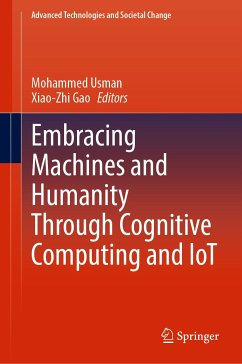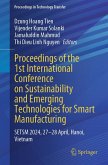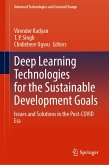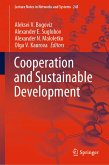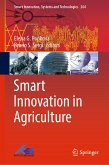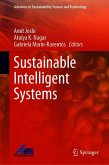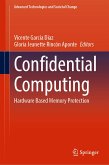This book sheds light on systems that learn extensively, with purpose and naturally interact with humans. Improving operations and increasing competitive differentiation among manufacturing organizations by harnessing the power of cognitive abilities, IoT can help build and influence the flow of information-making the shop floor more cognitive through effective processing, analysis, and operational optimization. Now we are seeing the first-hand potential of cognitive computing-its ability to transform businesses, governments, and society. The real potential of the cognitive age can be realized by combining data analysis and statistical reasoning of machines with uniquely human qualities, such as self-directed goals, common sense, and moral values, improving operations and increasing competitive differentiation among manufacturing organizations. By harnessing the power of cognitive abilities, IoT can help build and influence the flow of information-making the shop floor more cognitive through effective processing, analysis, and operational optimization. Cognitive initiatives come in all shapes and sizes, from change to strategy and everything in between. What most successful projects have in common, no matter how ambitious, is they start with a clear view of what technology can do. Therefore, the first job of a cognitive scientists is to gain a firm understanding of cognitive abilities, as presented in this book.
Dieser Download kann aus rechtlichen Gründen nur mit Rechnungsadresse in A, B, BG, CY, CZ, D, DK, EW, E, FIN, F, GR, HR, H, IRL, I, LT, L, LR, M, NL, PL, P, R, S, SLO, SK ausgeliefert werden.

